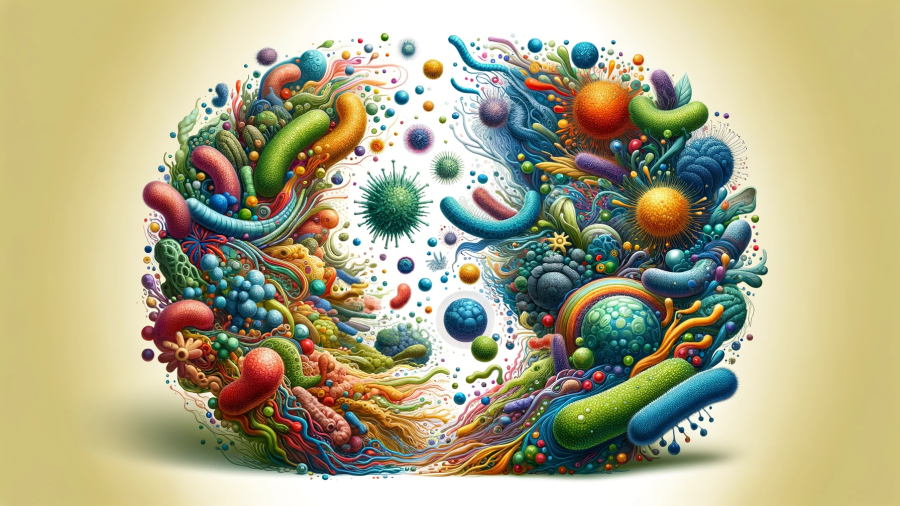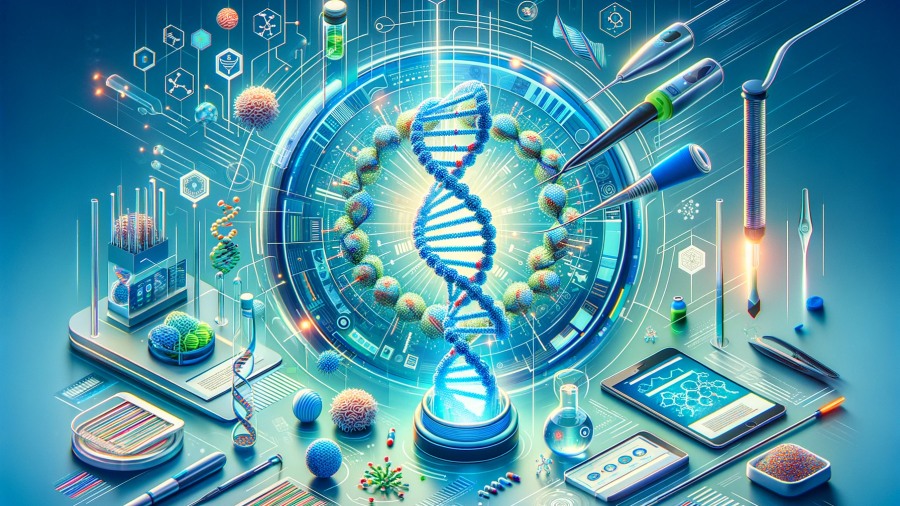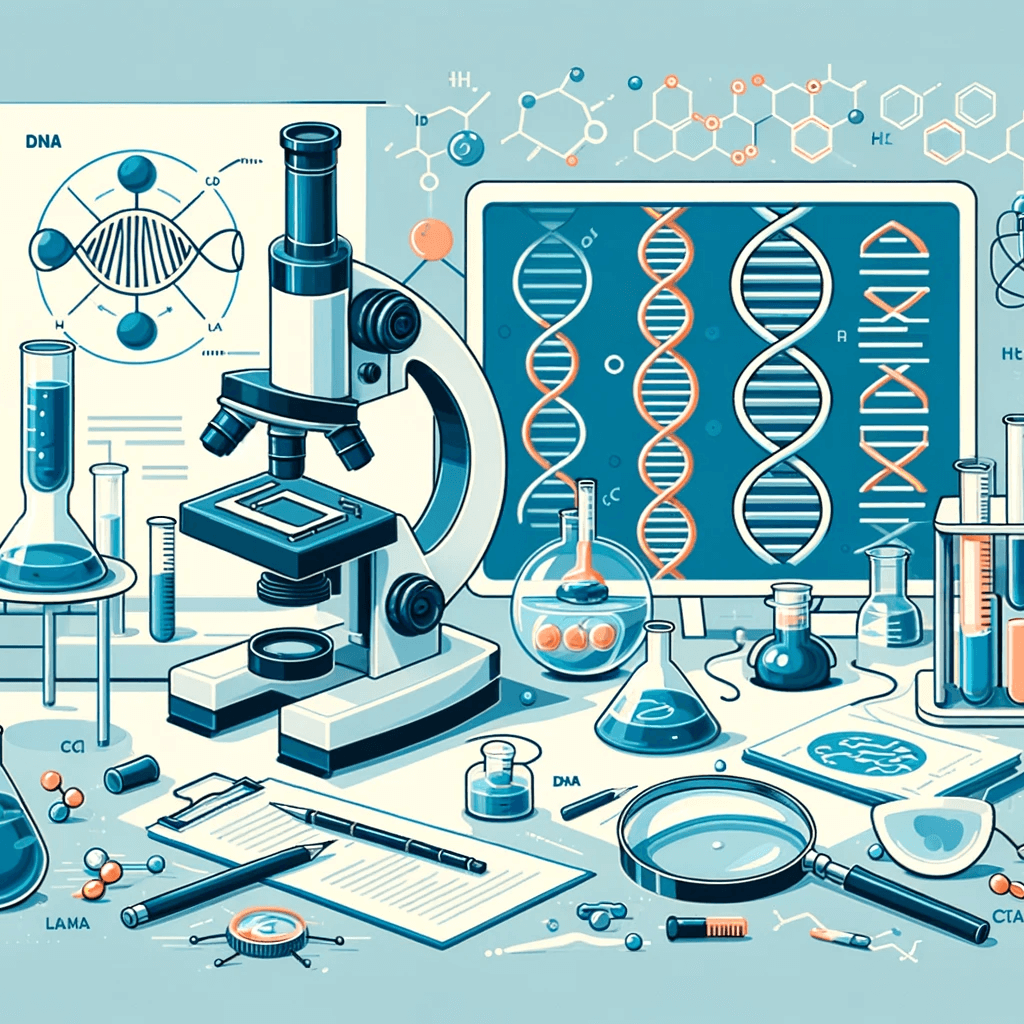Welcome to this edition of our newsletter, where we dive into the microscopic ecosystems that play a massive role in our health and the environment – microbiomes. These complex communities of bacteria, viruses, fungi, and other microorganisms inhabit various niches, from the human gut to the soil under our feet.
The human microbiome, particularly in the gut, has been a hot topic in recent years. Research has shown that these microorganisms influence everything from digestion and immunity to mental health and chronic diseases. In this issue, we explore how diet, lifestyle, and medical treatments like antibiotics can alter our microbiome and, consequently, our overall health.

We’re excited to feature an article on the emerging field of psychobiotics – a fascinating area of research investigating how gut bacteria may affect the brain and mental well-being. Early studies suggest that certain probiotics could potentially serve as treatments for conditions like depression and anxiety.
Turning our attention to environmental microbiomes, we examine how soil microbes are essential for plant growth, nutrient cycling, and carbon sequestration.
These tiny organisms can help combat climate change by capturing carbon dioxide from the atmosphere and storing it in the ground.
In our special report, we discuss innovative projects using microbiomes to clean up polluted environments – a process known as bioremediation. From oil spills to plastic degradation, microbes are proving to be valuable allies in environmental restoration efforts.
Interviews with leading microbiologists offer a glimpse into the cutting-edge technologies used to study these invisible ecosystems, such as metagenomics, which allows for the genetic analysis of microbial communities without the need for culturing in a lab.




